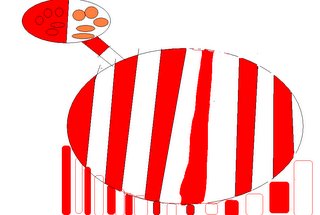
Peter, one of the teachers in this Critical Literacies project, has been doing some very interesting work using blogs with a Year 4 class (children aged 8 and 9). You can see one of the blogs at:
http://dinoproject.blogspot.com/How did this work develop critical literacy practices? Drawing on
Luke and Freebody’s model (1999), the activity enabled the pupils to:
·
Break the code of texts: children drew on their knowledge of spelling, grammar, understanding of genre and understanding of visual grammar in the construction of the blogs.
·
Participate in the meanings of text: children composed meaningful texts in collaboration with others, drawing on their cultural resources.
·
Use texts functionally: children used the blogs for different purposes (follow the links from the blog above to the 'All about us' or 'Dinosaur pictures' blogs for example) and were able to determine fitness for purpose. In developing the blogs, they understood the way blogs worked, the varied social and cultural functions they perform.
·
Critically analyze and transform texts: children were able to analyse critically each other’s blog posts. They also drew critically on a range of web-based texts as they developed links and images for their posts.
It's exciting stuff. And now they are in Year 5, the pupils are becoming expert at blogging - watch this space!
Jackie






